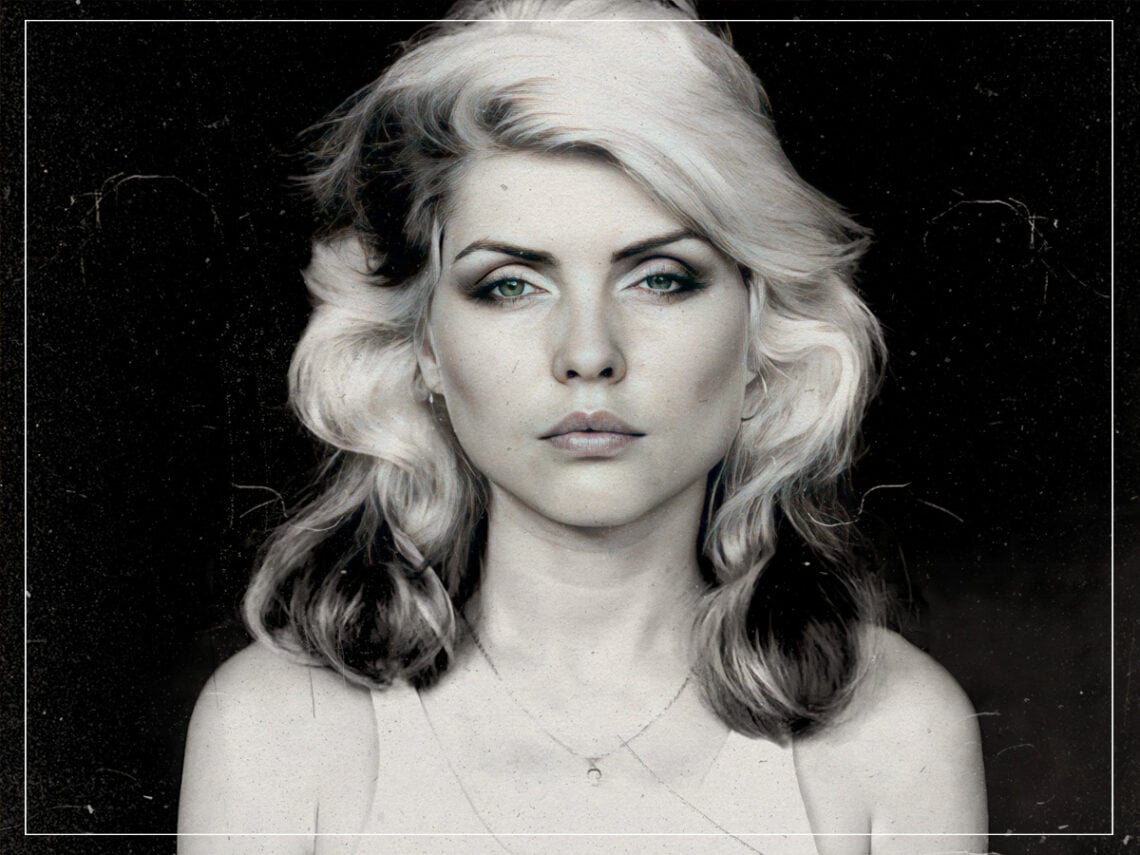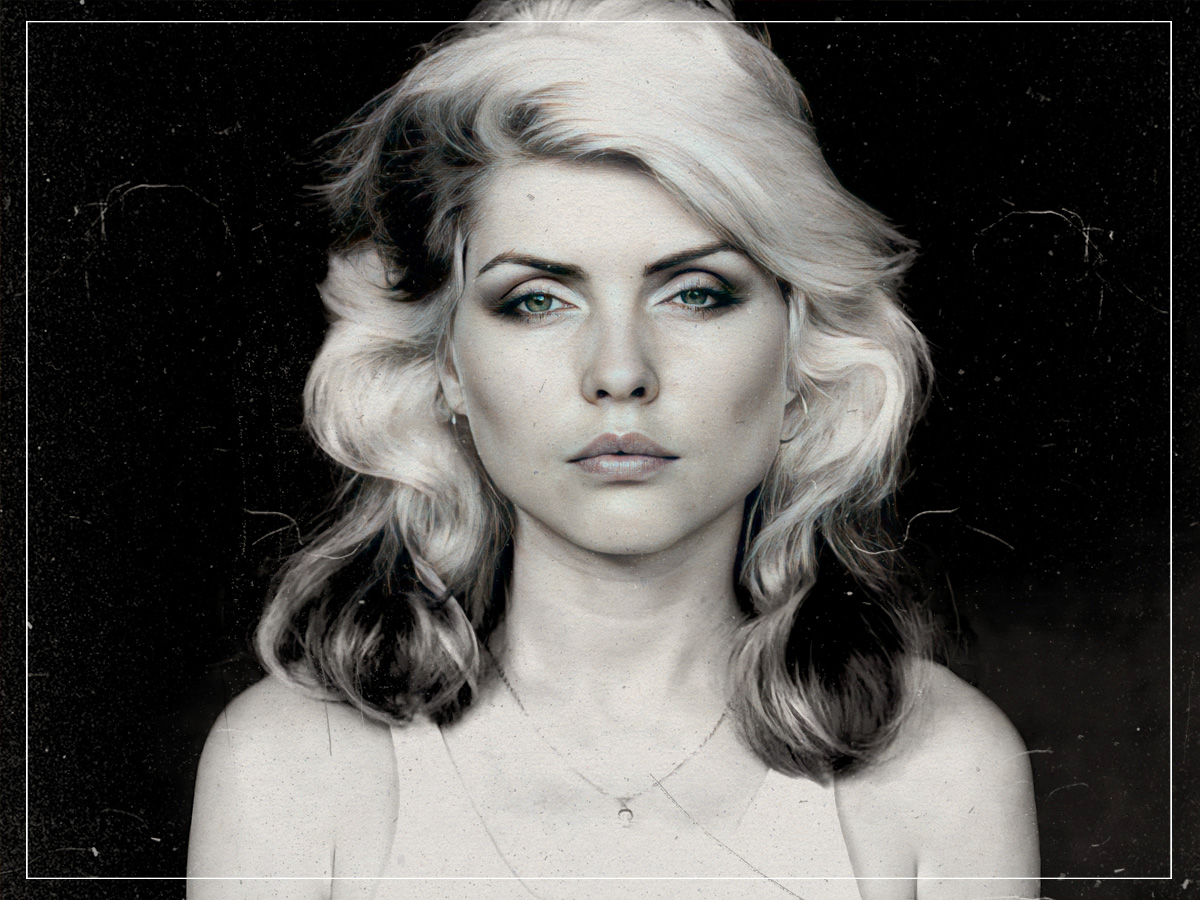
(Credits: Far Out / Alamy)
Sat 8 November 2025 16:10, UK
Like most of the pioneers of the new wave movement, Blondie exercised a good portion of trial and error.
From day one, the thing that made Blondie stand out was their audacity. Even when they came across with a raw, punkish aggression, having Debbie Harry as their frontwoman made people stop and listen, not because she didn’t look the part, but because she did. And what was especially overwhelming about that was that it was also completely unexpected to have someone play themselves so well and still not adhere to any sort of expectation.
As their name grew bigger, terms like “punk” no longer felt suited. It might have seemed the case in the beginning, especially as many of the major new wave names had similar associations, like Talking Heads. But their experimentation allowed them to venture out into new realms, especially for Blondie, who took the wave of the zeitgeist and put their own spin on it, blending the types of styles and sounds that few knew you could even do.
Towards the end of the 1980s, bands like Blondie were orbiting around broader trends like disco fever with their own hub of references. In 1979, Eat to the Beat proved that there really was no limit, with songs that fit into multiple categories beyond the usual frameworks of pop or disco. There were elements across almost all subcategories, from their punkish roots to more obvious notes of reggae and funk.
However, pulling off all of that wasn’t always an easy task. In fact, some of the songs fell flat at first until someone came in and gave them a bit more umph, or that familiar Blondie spin that made everything feel a hell of a lot more bouncier. This was the case with ‘Atomic’, which Harry co-wrote with pianist Jimmy Destri, almost in an attempt to recreate the earlier rhythmic explosiveness of ‘Heart of Glass’.
However, it wasn’t until they gave it what Harry called the “spaghetti western treatment” that it started to come together. As she explained in 1000 UK #1 Hits, “He was trying to do something like ‘Heart Of Glass’, and then somehow or another we gave it the spaghetti western treatment. Before that it was just lying there like a lox. The lyrics, well, a lot of the time I would write while the band were just playing the song and trying to figure it out. I would just be scatting along with them and I would just start going, ‘Ooooooh, your hair is beautiful.’”
Many Blondie songs underwent this transition, especially with Harry refining lines and melodies before something truly stuck. But even by ramping up the “spaghetti western treatment”, like Harry said, it still could have fallen flat, with people saying it was just another version of something they’d already done multiple times before. The difference with ‘Atomic’ was that it already felt timeless, not just drawing on several genres, but with a lyrical punch that was both vague and specific.
This was a major facet of Blondie’s trial and error – the one built on complete feeling, maintained from the earlier scenes at the CBGBs and through their reign at the forefront of some of culture’s biggest movements. Like many of their peers, they could have crashed and burned at the hands of cultural pressure and artistic demands, but instead, they focused on what they always did best, and urged people to have fun in ways that felt open, honest and authentic.
Related Topics

